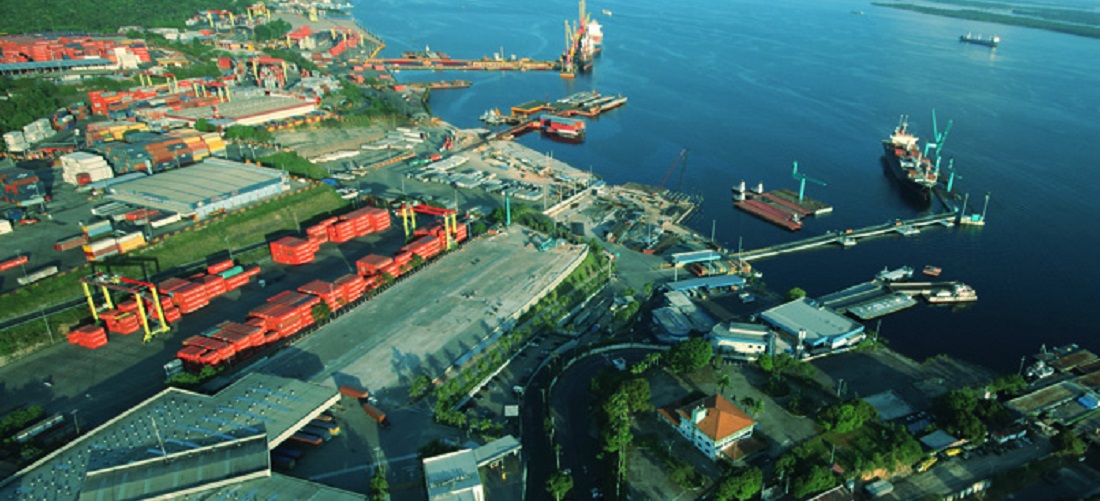
STJ overturns decision to exempt Super Terminais from paying ISS tax
Feb, 10, 2021 Posted by Ruth HollardWeek 202106
The 1st Panel of the Superior Court of Justice (STJ) decided that storage provided by port terminals is subject to the ISS service tax, and unanimously reformed the decision of the Amazonas Court of Justice (TJ-AM) that had exempted Super Terminais Comércio e Indústria from paying the tax.
The company had requested its storage and stay operations be exempt from ISS. It claimed that this is equivalent to the leasing of goods, which is not subject to ISS. The Supreme Federal Court (STF) considers that the ISS levy on movable property leasing operations is unconstitutional, according to the Binding Precedent No. 31. The state judgment accepted the request and equated storage with the rental of goods.
The decision of the TJ-AM, if disseminated throughout the country, will lead to a serious fiscal and economic problem for the municipalities, especially those that depend on the revenue from port storage activities, such as Santos (SP) and Vitória, according to the attorney of the municipality of Manaus, José Luiz Franco Junior, who affirmed this in oral arguments (Resp 1805317).
According to the lawyer, the company tried to establish an idea that port storage is confused with leasing and managed at the state level. “A new lease concept has been created,” he said.
The company’s lawyer, Nicolau Haddad Neto, said that this thesis has no relevance at the national level. “The municipality of Manaus did not lose revenue; it continued to receive ISS on 24 activities in the port,” he said. According to the lawyer, the STF made it clear that Precedent 31 applies to any lease provided that certain conditions are met. “This is a pure and simple rental,” he says.
For the rapporteur, Minister Gurgel de Faria, the activity of warehousing is not equivalent to leasing. The minister explained that for the proper development of the storage, the company authorized to operate the terminal must organize the received cargoes, preserve their condition, store and keep them safe, and control access to the area using mandatory monitoring. “All of this is the fulfillment of an ‘obligation to do something’, with the provision of taxable service being well-characterized by the municipal tax,” he says.
Also according to the rapporteur, the task of warehousing in a customs area does not resemble the location of physical space. When contracted for storage, the port terminal does not transfer the area for the lessor to use at its own risk, including the area with restricted access.
The difference between storage and rental also differs concerning civil liability, according to the rapporteur. Any damages due to the exercise of direct possession must be borne by the lessee. In storage, it is the duty of the company that operates the terminal to compensate the losses to the owners for possible failures. “The storage activity carried out by the defendant is subject to ISS tax,” decided the rapporteur. The vote was followed by all members of the class.
The company may file a motion for clarification to request clarification on the decision or point out omissions. To change the merit, it is necessary to have a decision on the same topic in the opposite direction. In this case, it can be accepted for further analysis by the 1st Section.
Source: Valor
-
Shipping
Dec, 28, 2021
0
Log-In Logistica accept MSC takeover offer
-
Other Cargo
Sep, 28, 2023
0
Argentina achieves record malt exports for beer-brewing in Brazil
-
Vessel Calls
Aug, 04, 2020
0
Container vessel calls at Brazilian ports fell 4,44% YoY in the last four weeks
-
Grains
Jan, 26, 2023
0
Corn prices to remain high on Brazil’s export record



